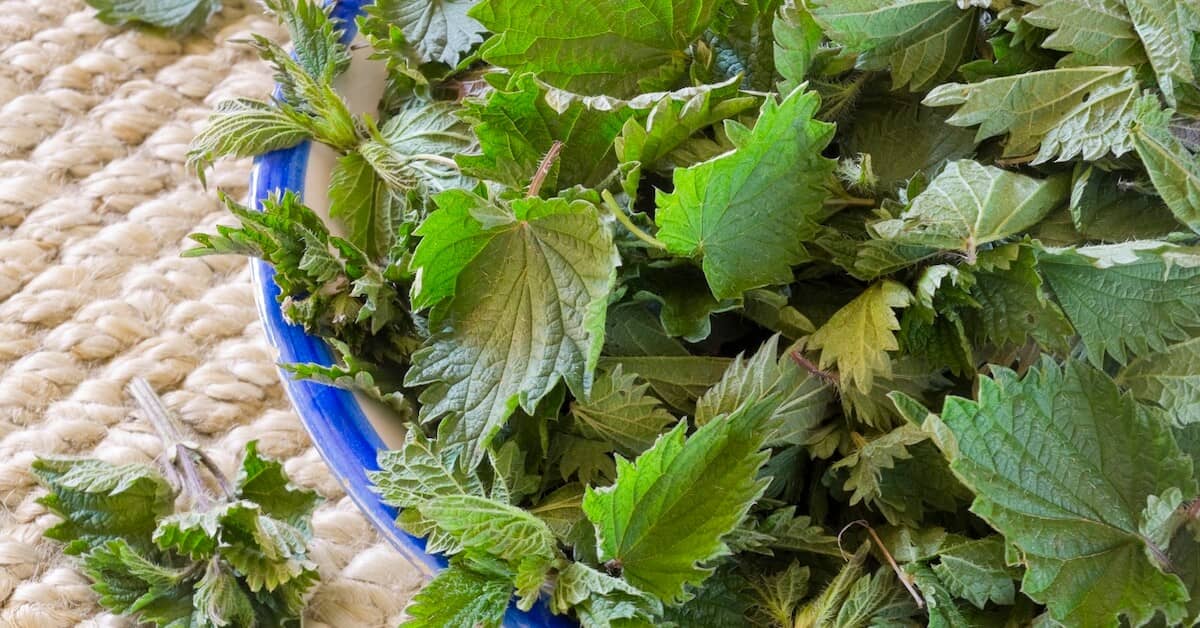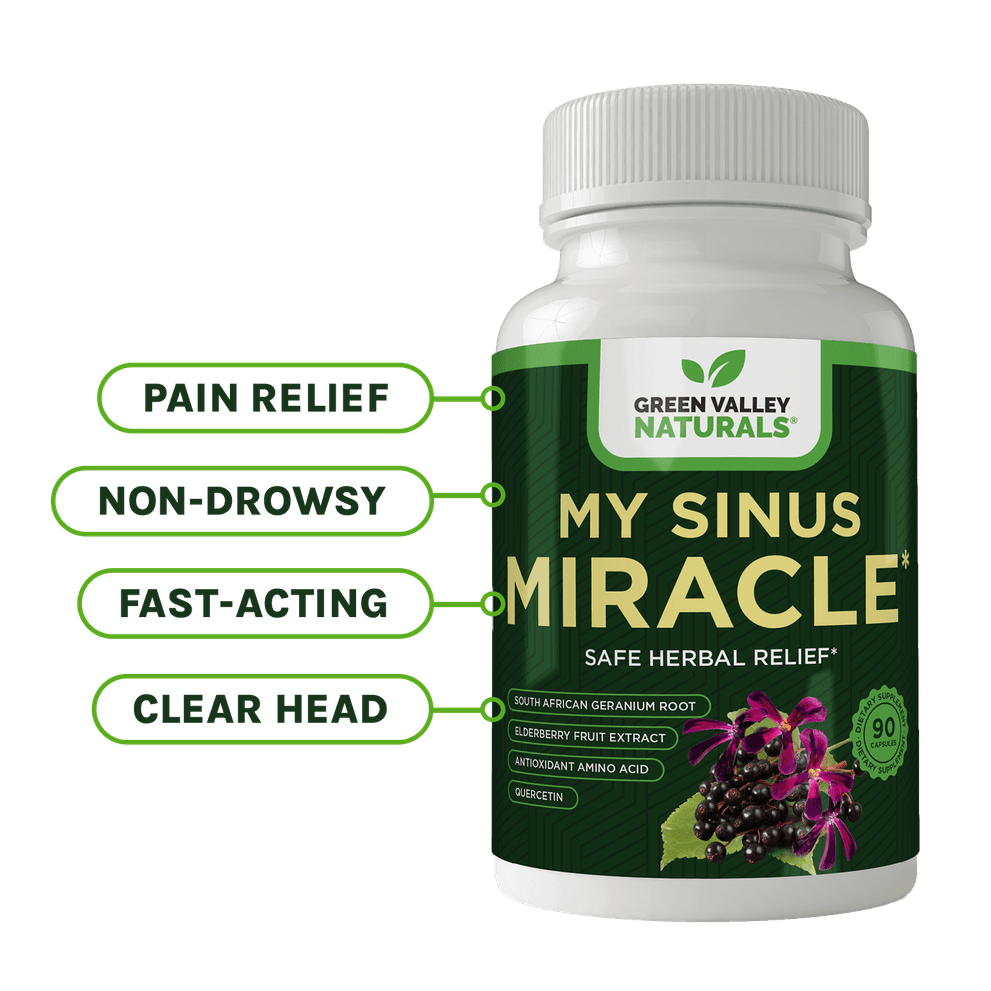
Jonathan Searle couldn’t have been prouder. The teacher walked away from The Bottle Inn as the 2017 winner of the World Nettle Eating Championship.
Nettle eating? Really?
Really. July seems like a good time to talk about this common weed -- and in a good way, for a change. I have vivid childhood memories of getting stung by nettles (we spent nearly the whole summer outside in those days…) The sting was extremely painful and nothing got rid of it. You just had to wait till it went away.
So, yes, eating nettles seems like an unattractive idea, but this will change your mind. . .
The leaves and stems of nettle are covered with tiny hairs that contain histamine and other irritating chemicals. Just like a jellyfish, when they touch your skin you’ll get a nasty, inflamed rash.
Even so, the World Nettle Eating Championship takes place every summer in a 16th century, thatched roof pub in Marshwood, England. Contestants are challenged to see how many nettle leaves they can eat in an hour.
A pile of two-foot stalks is placed next to each brave participant. When the hour is up, the number of bare stems is counted to reveal the winner.
Last year Mr. Searle downed an impressive 70 feet of stinging nettle. He said his hands stung for 48 hours afterward. I hope the winner gets a really good prize.
And the prior year winner, Phil Thorne, noted another side effect. “It does leave you having to go to the toilet quite regularly.”
Makes You Go
No surprise there! Nettle is a powerful diuretic i.e. it stimulates urination. It’s so effective it’s often prescribed by naturopathic doctors to prevent, and even treat, various urinary tract infections.
In fact, if you can avoid the obvious drawbacks, stinging nettle has many medicinal properties. Luckily, there’s an easy way to get past the sting. All you have to do is soak the leaves in water or cook them. I don’t recommend eating nettle raw.
And once I tell you about the amazing benefits of this plant, you may start making nettle soup or sipping nettle tea daily.
Popular in Europe
As a soup it’s popular in parts of Europe. And Greeks use it as filling for hortopita – a spanakopita-like dish made with wild greens instead of spinach. Compared with spinach, nettle has much more calcium – ten grams contains a whopping 290 milligrams of calcium. Spinach has a mere ten milligrams.1
Stinging nettle is also loaded with vitamins A, C and K. It has plenty of other nutrients, too, including iron, potassium, and manganese.
Studies done to test nettle found the leaf extract is effective at blocking your body’s response to stress at a cellular level.2
And even though nettle causes skin inflammation, it boasts powerful anti-inflammatory properties when eaten. A recent study showed that combining nettle extract with fish oil, vitamin E and zinc reduces inflammation in patients with osteoarthritis.3
Nettle acts as a powerful detoxifier. It keeps fluids flowing freely between your kidneys and bladder. It even helps prevent kidney stones, because it keeps mineral build up from crystalizing.4 And since nettle improves kidney function, it can help with enlarged prostate -- Benign Prostatic Hyperplasia (BPH).
Relief for Enlarged Prostate Symptoms
As you may know, BPH is a common condition in men as they get older. In fact, it’s ubiquitous. About nine out of ten men over 60 have it. It’s a non-cancerous prostate problem that makes urination difficult. But a recent, double-blind study of 100 men with BPH showed the effectiveness of nettle in relieving their symptoms.
In the eight-week study, participants were split into two groups. One group received two 300 mg capsules of nettle twice a day. The other group got a placebo. The results showed a significant improvement in symptoms for the nettle-takers.5
You can buy dry nettle leaf that you can steep to make tea. There are also nettle supplements, extracts and creams.
If you do try stinging nettle, be sure to follow the directions carefully. And if you have a heart disorder, kidney problems, or diabetes, be sure to talk to your doctor first. Stinging nettle is quite powerful and might cause complications for people with these conditions.
Meanwhile, head for the nearest ditch or roadside and pick your own fresh nettle (just be sure to wear gloves.) I don’t imagine one or two helpings is going to cause any side effects. Just don’t eat 70 feet of nettle plants. That sounds like a bad idea, I don’t care what prize they’re giving.
- https://www.livestrong.com/article/440537-nettle-tea-benefits-and-warnings/
- https://www.ncbi.nlm.nih.gov/pmc/articles/PMC3791396/
- https://www.ncbi.nlm.nih.gov/pmc/articles/PMC3529973/
- https://www.kidneyatlas.org/kidney-stone-prevention/#chanca-piedra
- https://www.ncbi.nlm.nih.gov/pmc/articles/PMC3589769/

